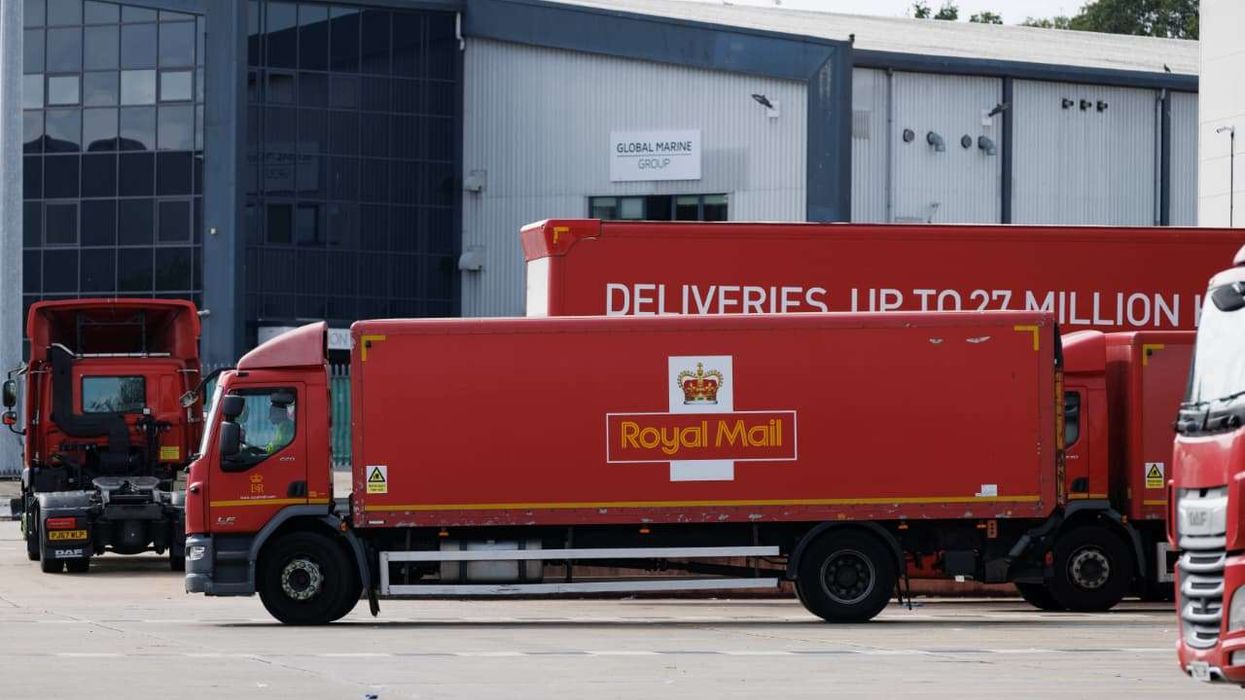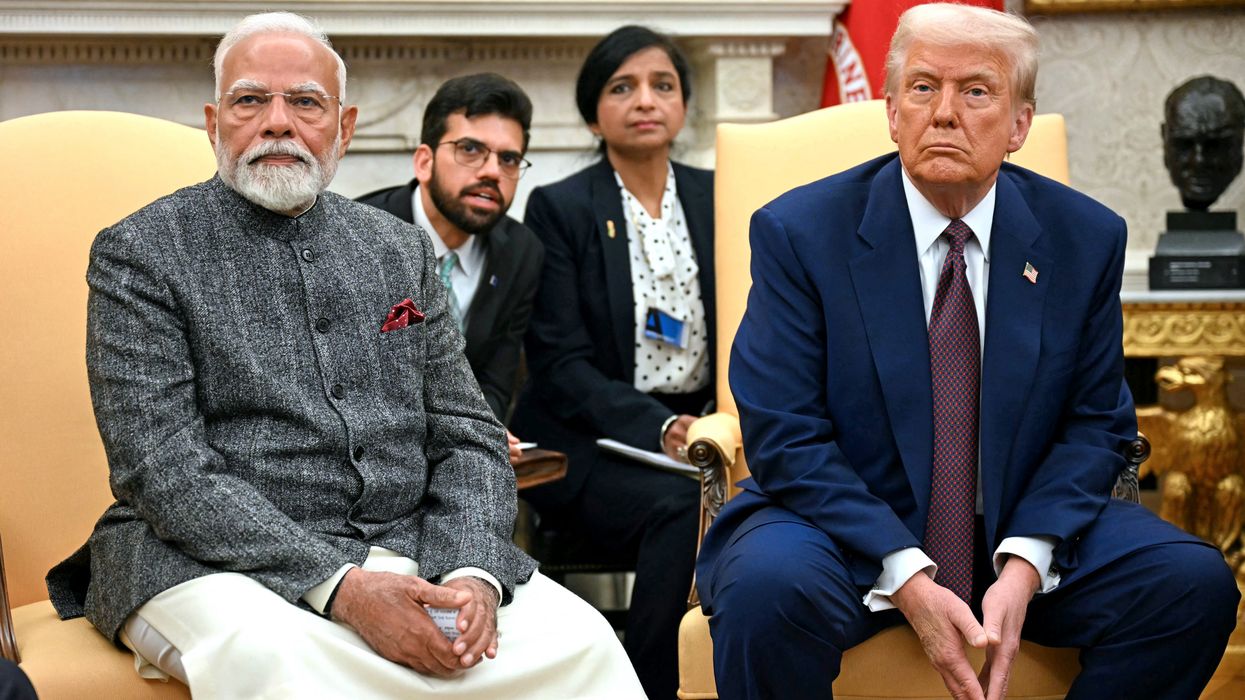Highlights
- UK to charge customs duties on all parcels from March 2029, ending exemption on items under £135.
- Retailers warn delay risks making Britain international outlier as US and EU act faster on cheap imports.
- Currently 1.6 m parcels daily benefit from exemption, twice last year's figure, costing UK revenue.
UK retailers face growing competition from ultra-low-cost platforms including AliExpress, Shein, Temu and Amazon Haul, which send packages directly from Chinese factories to customers' doorsteps while benefiting from a customs waiver on parcels worth less than £135.
Chancellor Rachel Reeves announced the change would "stop overseas online firms from undercutting our high street" by applying customs duty on parcels of any value. However, the Treasury confirmed implementation would occur in March 2029 "at the latest", with consultation running until March next year.
Helen Dickinson, chief executive of the British Retail Consortium, told the Reuters that the proposed timeframe is "simply too long", citing government figures showing 1.6 m parcels exploit the exemption daily—double last year's total. "Businesses cannot afford any delay," she said.
Global moves accelerate
The timeline places Britain significantly behind international counterparts. The United States, the largest market for Shein and Temu, ended its "de minimis" customs waiver on parcels under $800 for Chinese and Hong Kong imports in May, extending it across all countries in August.
The European Union brought forward plans to scrap its equivalent exemption on packages under €150 to 2026 from 2028. South Africa began charging VAT on low-value parcels last year, while Brazil introduced a 20 per cent tax on international purchases up to $50.
Andrew Thurston, customs duty senior manager at accountancy firm MHA, pointed that removing the exemption would shrink "the gap between online and high street prices, potentially encouraging shoppers to return to UK retailers."
Dan Finley, CEO of Debenhams Group, which owns Boohoo, noted that delaying until 2029 "means lost revenue for the UK and continued unfairness in the market."





